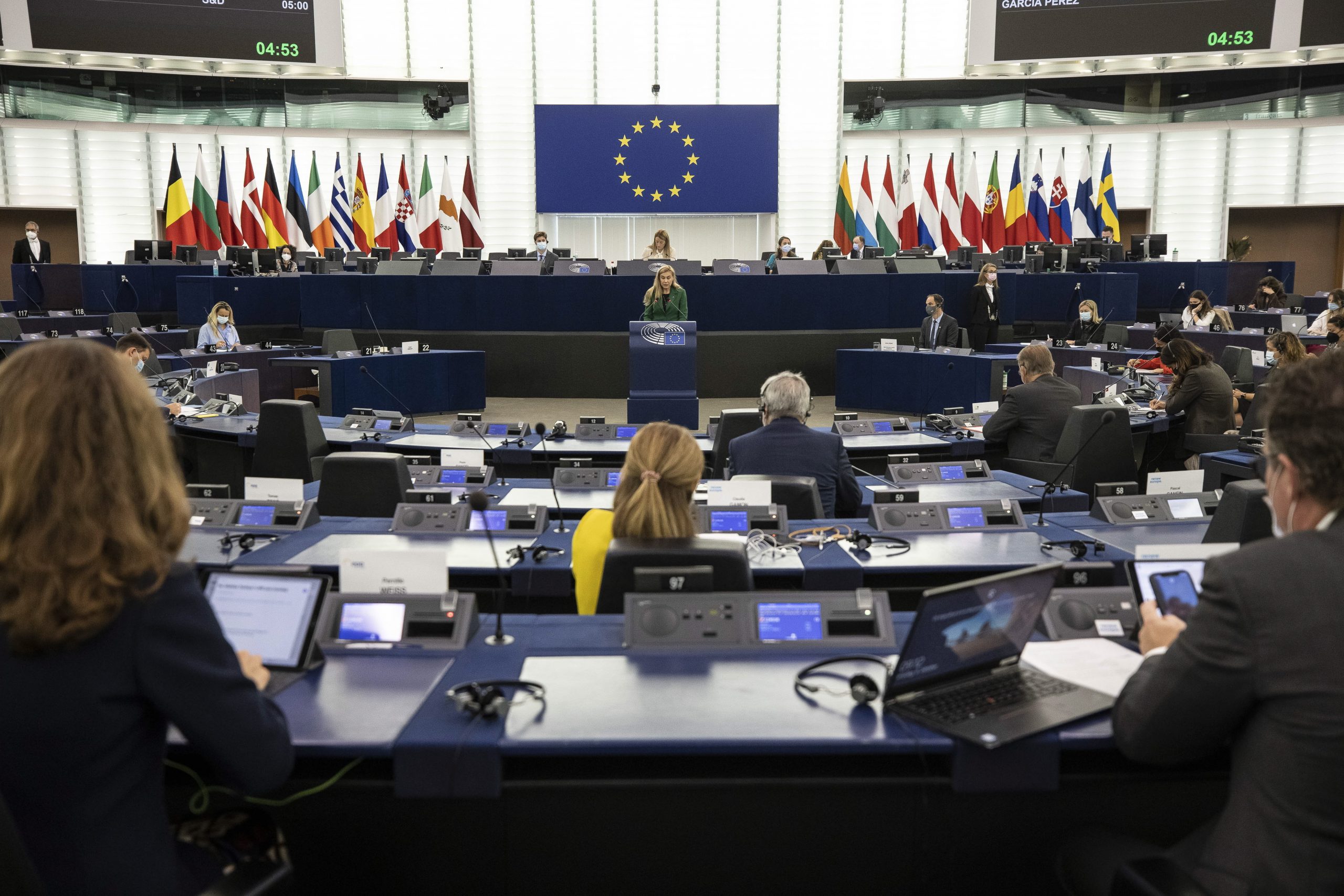
In addition to public media access, MEPs reportedly raised concerns over the possible misuse of EU funds in Hungary through the recently introduced system of foundations too, Delbos-Corfield said.Continue reading

On Wednesday, the European Parliament adopted a resolution on the effects of domestic violence by a large majority, but the 13 MEPs from Hungary’s ruling Fidesz and KDNP parties and one Jobbik MEP abstained.
This article was originally posted on our sister-site, Ungarn Heute.
In the resolution, MEPs call on member states to take measures to protect women who are harmed during custody proceedings. It is also stressed that during the pandemic, levels of domestic violence increased, with access to justice also becoming more difficult. In addition, it also mentions an earlier call by the European Parliament to declare violence of a sexual nature a criminal offense.
In Wednesday’s vote, 13 MEPs from Hungary’s ruling parties Fidesz and KDNP, as well as one Jobbik politician, abstained. The Fidesz faction justified its decision as follows:
The goal of combating violence within the family is to be supported, so the Fidesz faction in the European Parliament, with its abstention, refuses to support a decision that uses such a serious issue only as a pretext.”
According to the ruling party’s faction, the left-wing majority of the European Parliament is once again twisting an issue that is important for everyone: it is pushing for revelation and considers fighting violence against women and children as a political tool, without having concrete action plans and taking into account local practices.

In addition to public media access, MEPs reportedly raised concerns over the possible misuse of EU funds in Hungary through the recently introduced system of foundations too, Delbos-Corfield said.Continue reading
In his speech, MEP Ernő Schaller-Baross (Fidesz) condemned any kind of violence within the family, but described the decision as ideologically motivated, which at the same time also endangers national sovereignty. According to Schaller-Barros, each member state has the right to create its own rules regarding domestic violence disputes. In this respect, the Istanbul Convention contains a much less restrictive regulation than the Hungarian one.
The Hungarian Parliament rejected the Istanbul Convention as recently as May 2020, saying it was against Hungary’s migration policy, as well as promoting the introduction of harmful gender ideology.
Sources: 24.hu, europarl.europa.eu, Index
Featured photo illustration by MTI/AP pool
Array
(
[1536x1536] => Array
(
[width] => 1536
[height] => 1536
[crop] =>
)
[2048x2048] => Array
(
[width] => 2048
[height] => 2048
[crop] =>
)
)